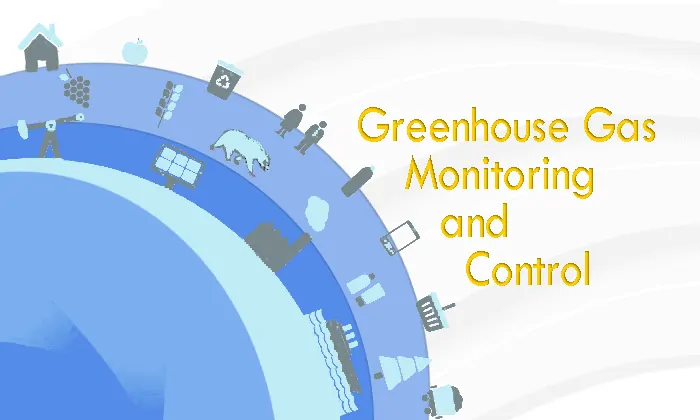

SCS Engineers is hosting our 2023 Pennsylvnia Solid Waste Seminars on Tuesday, June 6 in Harrisburg, PA.
This half-day seminar is designed to provide updates on the latest regulatory, policy, and technological developments in the solid waste, landfill, landfill gas, and sustainable materials management industries. The sessions are presented by experienced SCS professionals, and continuing education units are available.
This year, our professionals will cover these important topics:
Lunch will be provided, followed by Disc Golf.
The seminar is intended for solid waste management professionals, landfill managers, waste/recycling managers, supervisors, and operators. For attendees already possessing solid waste management and disposal experience, topics will provide a fresh perspective and cover important regulatory and technological updates. For those new to the field, topics will cover essential information on various critical aspects of waste/ recycling program collections, transfer, processing, and disposal, as well as landfill development, operations, monitoring, and management
We look forward to seeing you there!
California’s AB 32 legislation has proven to be one of the most successful legislation in the U.S. regarding statewide efforts to reduce GHG emissions. This has been started with the implementation of the early action measures stated in the Scoping Plan, which included early regulations to reduce GHG emissions in many different industry sectors, and then moved to the establishment of the MRP and C&T programs, which have created incentives for facilities to reduce their GHG emissions. The nine early action measures have been documented to reduce California’s GHG emissions with an estimated reduction of 13.16 percent from 1990 emissions in the year 201813. As a result of these programs’ implementations, California has met its goal to reach 1990 emissions levels by 2020 and had done so by 2016, four years before its proposed target year.
With the continued implementation of new programs at the state, local, and federal level, growing economic incentives to reduce emissions, and drive that led to the success of the emissions reduction goals of AB32, California is on a very promising path to achieving its latest goals to combat climate change.
Opportunities to Learn More
Our latest SCS Technical Bulletin summarizes the EPA federal mandatory greenhouse gas (GHG) reporting program (GHGRP) into two pages of the most vital information. The new reporting requirements for Subparts HH and A discussed in our bulletin are effective January 1, 2017.
Remaining updates will be phased in from 2017 to 2019. These updates include, but are not limited to, revisions to the reporting regulation for all reporters including Subpart A Administrative Requirements, Subpart C Stationary Combustion Sources, and Subpart HH Municipal Solid Waste Landfills the three most common reporting sectors for MSW landfills. SCS Engineers will continue to post timely information, resources, and presentations to keep you well informed.
Use our resources for guidance or to answer questions.
Share, read, or print the Technical Bulletin
Greenhouse Gas Service Information

SCS is a pioneer in our nation’s efforts to reduce GHG emissions in order to combat global warming. We proactively pursue the development of markets in which major sources of methane (e.g., oil and gas industry, landfills, dairies, etc.) can generate and sell GHG credits by voluntarily installing methane recovery systems and selling the methane as fuel.
Methane is 25 times more powerful than carbon dioxide in terms of its greenhouse effect. Capturing and destroying these emissions can have significant environmental benefits. Simply destroying methane via power generation or sequestration can diminish its GHG potential by 95 percent. Even greater benefits are available if the methane is used as renewable energy in order to offset natural gas or coal-fired power generation.